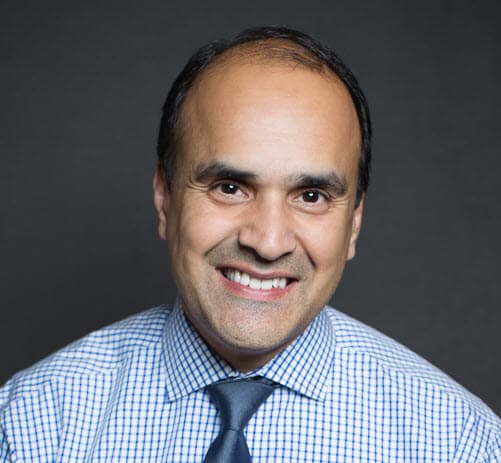
@ShahidNShah

A physician friend of mine, Dr. Richard Olson (“Rich”) of Gainesville, GA, and I often discuss healthcare IT issues over e-mail. He is a thoughtful, caring surgeon in private practice who has been involved in health IT issues for decades (as a consumer of them and on multiple selection committees for products at various hospitals). He definitely knows his stuff. Recently Rich sent me a note wondering about whether or not the years of healthcare IT that has been applied was in the best manner to help patient outcomes and improve clinical care. I thought it was a great question and since I’m not bright enough to answer it alone I thought I’d open it up to the rest of the readers of this blog to see what they thought. Please drop comments here to let Rich know what you think.
Here’s the complete text of the question Dr. Olson posed:
On Amazon.com recently I was pitched a book titled “CHI Remixed” about computer human interaction (CHI). I began to wonder whether the traditional informatics field has blinders on and is trying to automate too much of the textual work. Based on the effort I spend as a clinician each day, the patient/physician-provider communication process is what I need help with.
If the computer helped me translate the layman’s language into ‘medicalese’, not jargon, but description based on physiologic understanding, and vice versa to the patient, we would be ON to something. Traditional informatics looks to start AFTER all that face time with the patient, then ask me to click or type in data to populate the database, enter orders, and to what end? So that a machine structures all decisions, and my choices can supervised by an automated process?
If the academic discipline of CHI (see for example, http://www.hcii.cmu.edu/Research/projects.html) were to begin with the patient/physician relationship, and not the traditional textual medical record as its starting point, I wonder what direction the field would take. I think we would see more image-based communication (words just don’t convey understanding of many processes as well as pictures, diagrams, or video). Furthermore, the time pressure of the office appointment could be reduced, if a patient, if educated well enough, could take time for independent or family study of “what the doctor said” and logged on the Personal Health Record and went from there to online or other resources, before coming back for discussion, or other online interaction.
Data entry for analysis could be a role performed by a new class of technical worker, a glorified transcriptionist, who can work with the digital voice record, and fill in the blanks for the information system for all purposes: billing, performance improvement, public health, and subsequent clinical care. Doctors could spend their valuable time doing what we do best, in one on one time with patients and family, in an emotionally highly charged environment, inherently not very structured and unique to each individual patient (for most of us.) I pity the doc cranking the same old crank day after day – the cataract guy for example.
The standard practice of medicine also is rather isolated for the physician, with an appeal for help or consultation kind of a big deal. Without so much infatuation with artificial intelligence, we might focus instead on having records available for review by a trusted mentor. This would provide a much needed opportunity to enhance quality of care using the EHR and technology to facilitate good old regular human cognition. Pathologists routinely send out tough cases for consultation, but never do our radiologists, or internists, or surgeons for that matter. We now have information and communication systems to do so, but no reimbursement allowance to fund that at this time.
My basic question is, did we start at the right place? If our starting point was the medical record, and not the patient-physician relationship, have we picked the best path to apply technology to improve clinical care?

Shahid Shah is an internationally recognized enterprise software guru that specializes in digital health with an emphasis on e-health, EHR/EMR, big data, iOT, data interoperability, med device connectivity, and bioinformatics.
Connecting innovation decision makers to authoritative information, institutions, people and insights.
Medigy accurately delivers healthcare and technology information, news and insight from around the world.
Medigy surfaces the world's best crowdsourced health tech offerings with social interactions and peer reviews.
© 2025 Netspective Media LLC. All Rights Reserved.
Built on Mar 12, 2025 at 5:07am